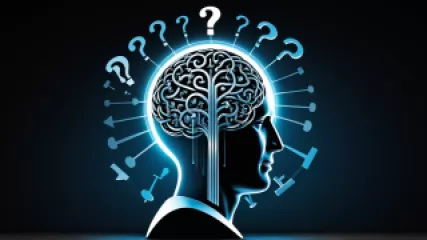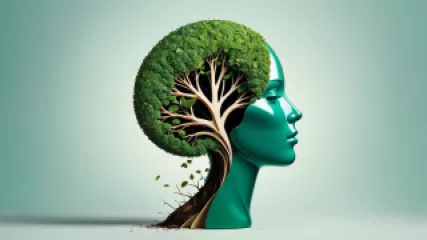Demystifying Mood Swings: The Ultimate Guide
1 year ago
Understanding Moods
Effective Self-Help Tips for Managing Depression
1 year ago
Depression Self Help Tips
Exploring the Intersection of Philosophy and Psychology: A Beginner's Guide
1 year ago
Philosophy and Psychology
Why Understanding Emotions is Key
1 year ago
Emotional Intelligence Basics
Top 5 Emotional Intelligence Basics for Managing Emotional Responses
1 year ago
Emotional Intelligence Basics
Exploring the Connection Between Philosophy and Psychology
1 year ago
Philosophy and Psychology
Balancing Mind and Body: The Ultimate Guide to Integrating Wellness Coaching Services
1 year ago
Mind Body Dichotomy
10 Powerful Emotional Wellness Tips for Understanding Your Moods
1 year ago
Understanding Moods
Lessons from 'Inside Out' to Understand Your Moods
1 year ago
Understanding Moods
From Skeptic to Seeker: My Life Coaching Journey in Philosophy and Psychology
1 year ago
Philosophy and Psychology
How to Discover Yourself Through Philosophy and Psychology
1 year ago
Philosophy and Psychology
How to Find the Best Mental Health Apps in the App Store
1 year ago
Mental Health Apps
Mastering Self-Sabotage: A Step-by-Step Guide
1 year ago
Understanding Self Sabotage
10 Best Digital Therapy Solutions for Understanding Your Moods
1 year ago
Understanding Moods
Bridging the Mind-Body Gap: A Step-by-Step Guide to Holistic Well-being
1 year ago
Mind Body Dichotomy















